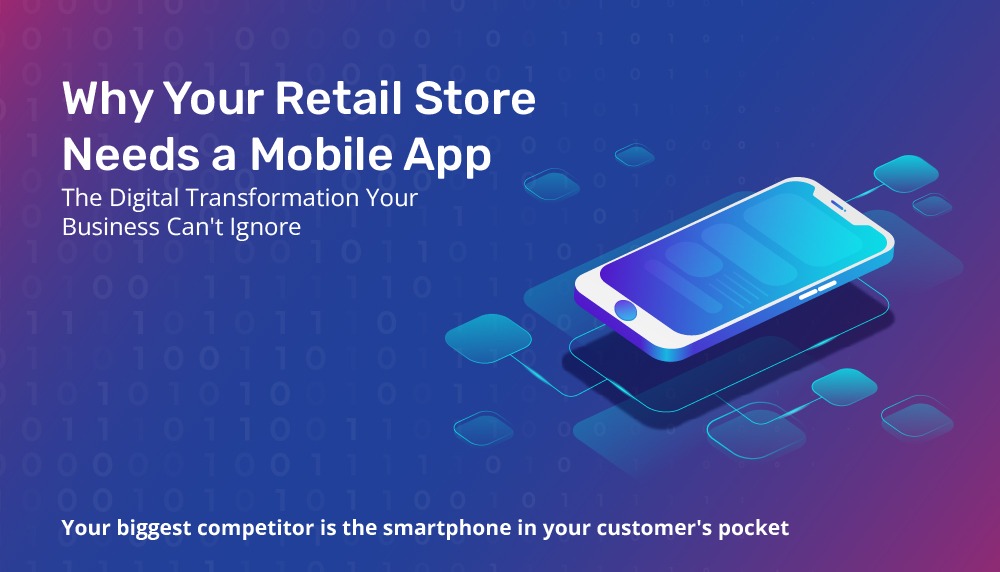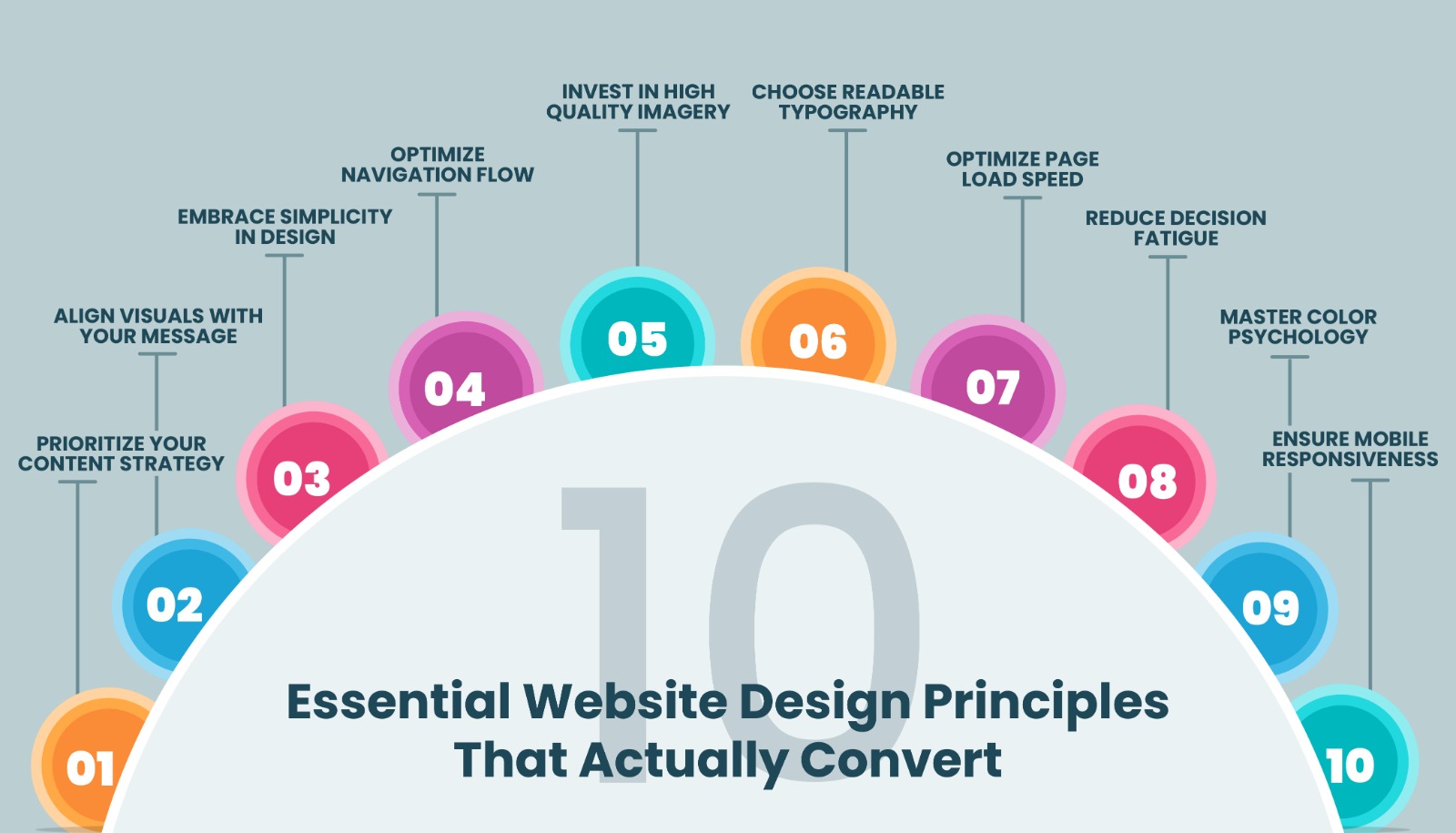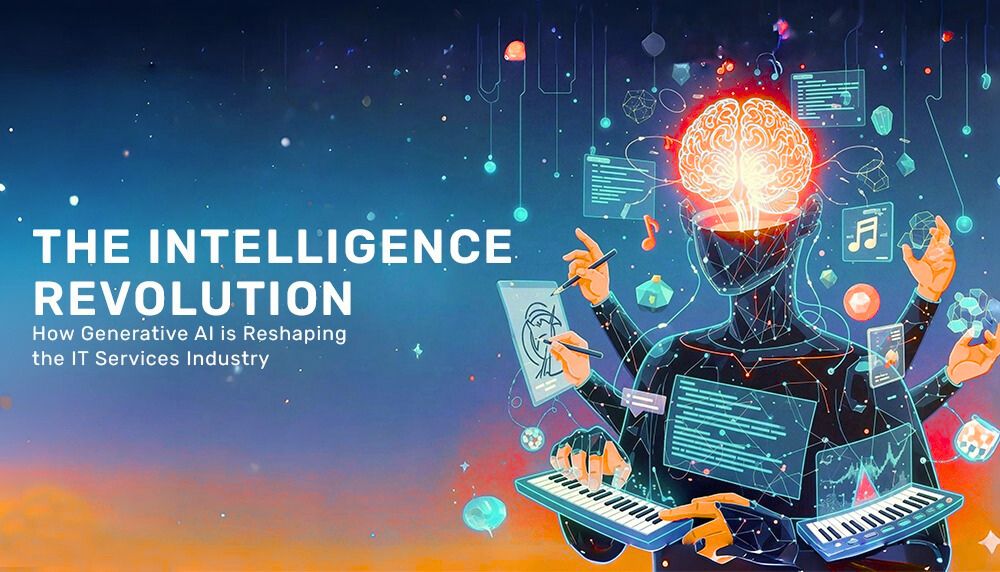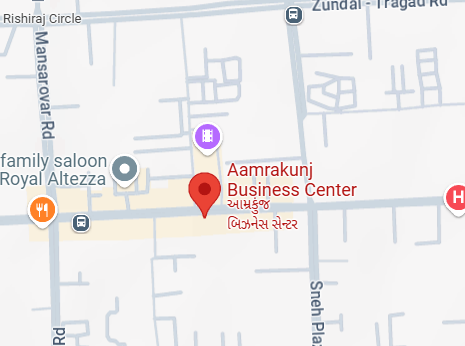
What if I told you that your biggest competitor isn’t the store across the street it’s the smartphone in your customer’s pocket?
The Fundamental Shift: Why Everything Changed
The Death of Traditional Customer Engagement
The Mobile-First Consumer Psychology
Today’s customers have fundamentally different expectations:
These aren’t luxuries anymore they’re basic expectations that determine whether customers choose you or your competitors.
The Strategic Advantages of Mobile Apps

1. Direct Customer Communication Channel
2. Data-Driven Personalization
Mobile apps collect behavioral data that enables sophisticated personalization:
This data transforms generic marketing into relevant, valuable interactions that customers appreciate rather than ignore.
3. Competitive Differentiation
Core Features That Drive Business Results
Smart Personalization Engine
Integrated Loyalty System
Seamless Omnichannel Integration
Intelligent Notification System
Implementation Strategy: From Concept to Success
Phase 1: Strategic Foundation
Phase 3: Enhancement and Optimization
Based on user feedback and behavior data, add advanced features:
Phase 2: Minimum Viable Product
Start with core functionality that addresses your customers’ primary needs:
Critical success factor: Do these core features exceptionally well rather than building many features poorly.
Phase 4: Continuous Improvement
The ROI Reality: What to Expect
Investment Considerations
Development costs vary based on complexity:
Ongoing costs include hosting, maintenance, updates, and customer support—typically 15-20% of development costs annually.

Business Impact Metrics
Well-executed retail apps typically generate:
Payback periods generally range from 6-12 months, with benefits compounding
over time as customer engagement deepens.
Common Implementation Mistakes
Feature Overload
Ignoring Local Context
Poor User Experience
Inadequate Marketing
Choosing the Right Development Partner
Essential Criteria
Ask potential partners to explain:
Evaluation Process
Ask potential partners to explain:
The Mobile-First Future
Emerging Technologies

Preparing for Change
Frequently Asked Questions
- Typically 6-12 weeks for a basic app with essential features, and 3-4 months for advanced functionality. Timeline depends on your specific requirements and complexity of integrations with existing systems.
- Yes, we develop cross-platform apps that work seamlessly on both Android and iOS devices, ensuring you reach your entire customer base without additional development costs.
- Not at all. We provide an intuitive admin panel where you can update products, send notifications, track performance, and manage customers without any technical expertise.
- We provide comprehensive technical support and maintenance. Additionally, your app includes built-in customer support features for direct communication and issue resolution.
- Yes, we specialize in seamless integrations with existing business systems including POS, inventory management, accounting software, and payment gateways.
- Our packages include complete app development, testing, deployment on app stores, admin panel setup, staff training, and 3 months of free technical support.
- We provide detailed analytics tracking customer engagement, retention rates, conversion metrics, and revenue impact. You’ll have clear visibility into your app’s business performance.
- Post-launch, we provide ongoing support, regular updates, performance monitoring, and feature enhancements based on user feedback and changing business needs.
The Bottom Line
Your customers are already living in a mobile-first world. The only question is whether your business will meet them there.
What’s stopping you?
Ready to Transform Your Business?
Schedule Your Free Demo Today
- See exactly how a mobile app can transform your retail business. No technical jargon, no high-pressure sales just a personalized demonstration of what’s possible for your specific business.






